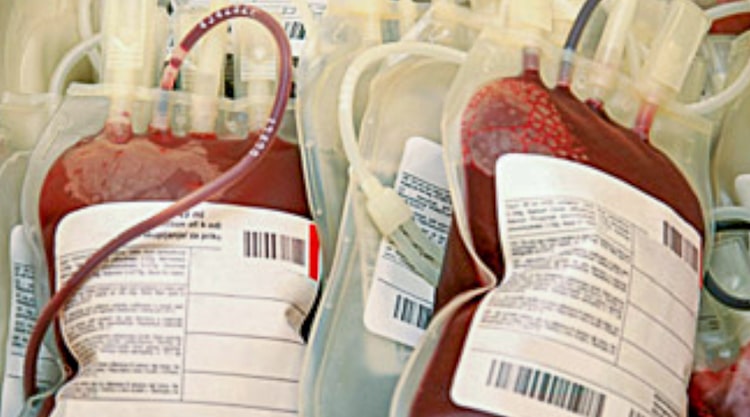RIVERSIDE (CNS) – One of the Inland Empire’s largest blood banks is scrambling to find donors as a supply deficit worsens by the hour, potentially threatening patients’ lives, officials said Tuesday.
“We are extremely concerned,” LifeStream CEO Dr. Rick Axelrod said. “We will not be able to meet the needs of local hospital patients if we don’t receive more blood donations from our community members.”
“Cancer patients can use up to eight pints of blood a week,” he said. “Liver transplants, which happen frequently at our area hospitals, use up to 100 pints. An auto accident patient can use up to 50 pints. Right now, we do not have enough supply to meet the needs of local patients.”
LifeStream provides product to more than 80 hospitals throughout Southern California, not only the inland region.
“We will not be able to supply hospitals with the product they need for lifesaving treatments if we cannot get more blood on our shelves,” Axelrod said. “All blood types, especially type O, are desperately needed. We urge anyone who is healthy, feeling well and able to donate to give blood. Patients at our local hospitals are counting on donors for the blood products they need every single day.”
Type O is the most common.
LifeStream began sounding the alarm concerning dwindling supplies, especially type O and platelets, earlier this month, and the crisis has only intensified.
LifeStream’s donor appointment line is 800-879-4484. Appointments can also be made online via www.LStream.org.
Prospective donors must be at least 15 years old, and anyone under 17 must have parental consent. Mini physical exams will be required before a donation can proceed.
LifeStream has donation centers in Hemet, La Quinta, Murrieta, Rancho Mirage and Riverside. There are additional sites in San Bernardino County, as well as mobile clinics.
Since last fall, LifeStream has been waging a campaign to encourage blood donations as supplies cratered regionally and elsewhere, with hospitals and trauma centers in the most critical need of the life-saving and sustaining product.
The Riverside University Medical Center joined the campaign in January, when hospital spokesman Dr. Michael Mesisca told the Board of Supervisors that, without a “major storage or reserve” of blood, patients’ lives were at risk.



Thanks for sharing. I read many of your blog posts, cool, your blog is very good.
Thanks for sharing. I read many of your blog posts, cool, your blog is very good.
I don’t think the title of your article matches the content lol. Just kidding, mainly because I had some doubts after reading the article.
Your point of view caught my eye and was very interesting. Thanks. I have a question for you.
I don’t think the title of your article matches the content lol. Just kidding, mainly because I had some doubts after reading the article.
Your article helped me a lot, is there any more related content? Thanks!
Your article helped me a lot, is there any more related content? Thanks! Sign Up
Thanks for sharing. I read many of your blog posts, cool, your blog is very good.